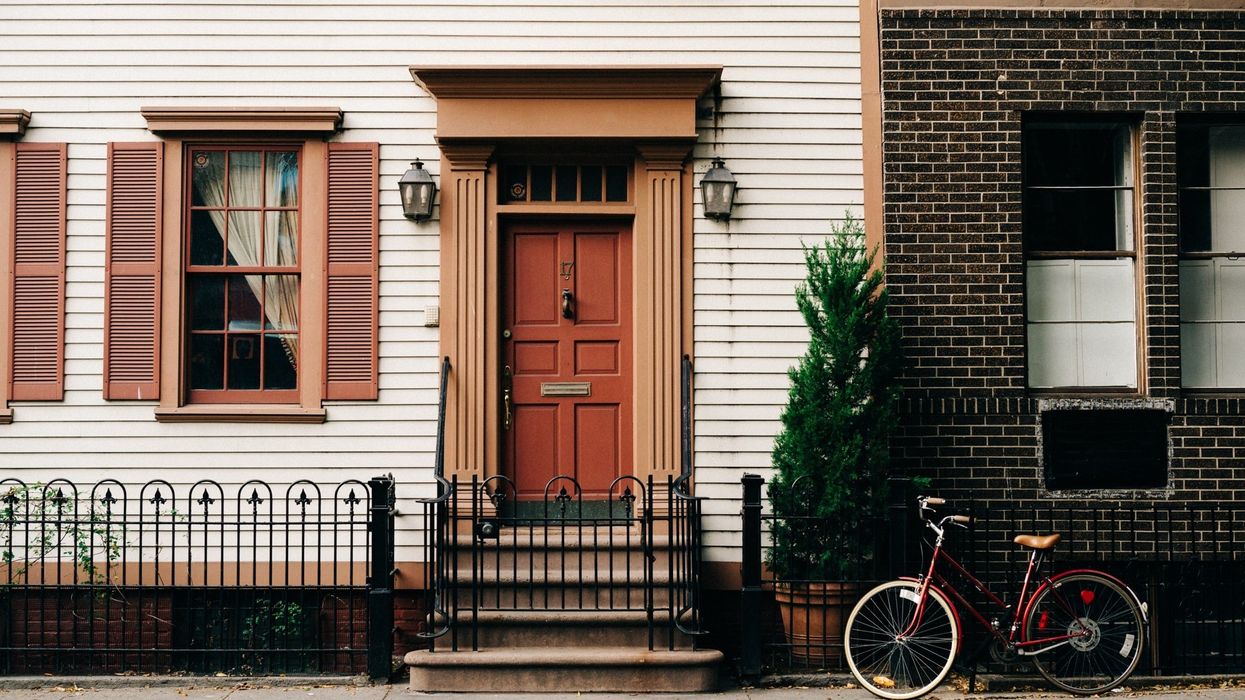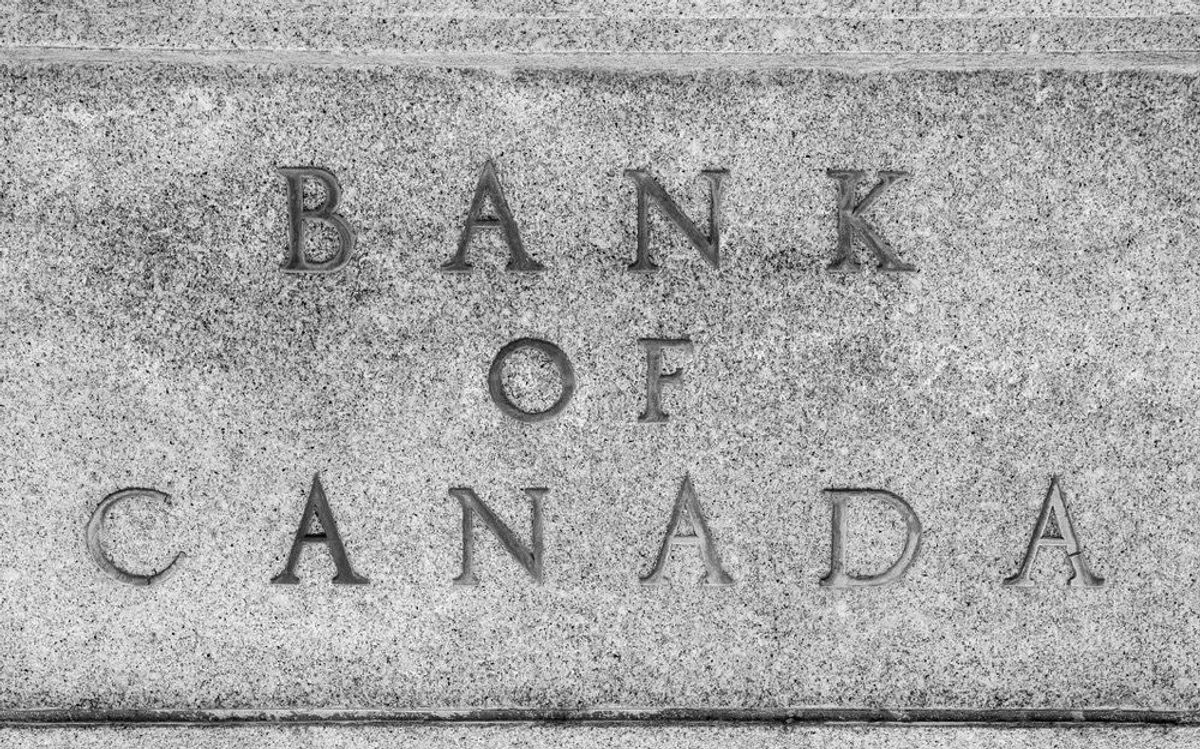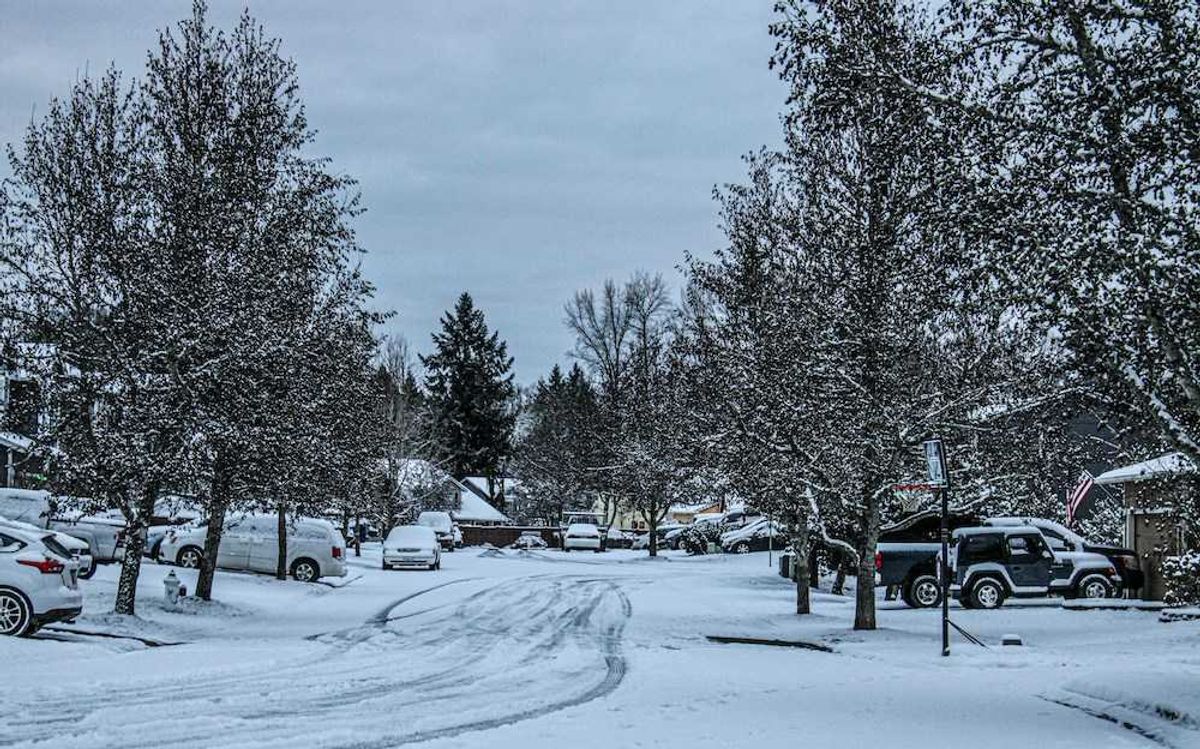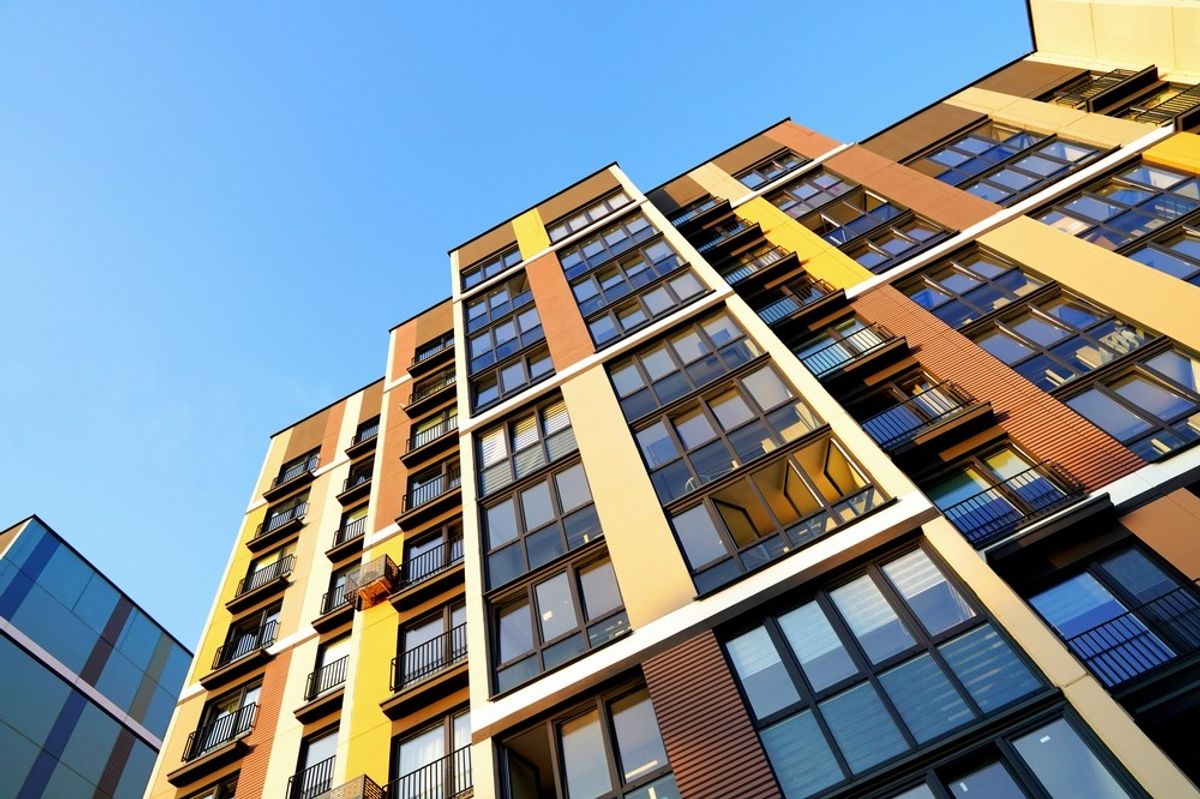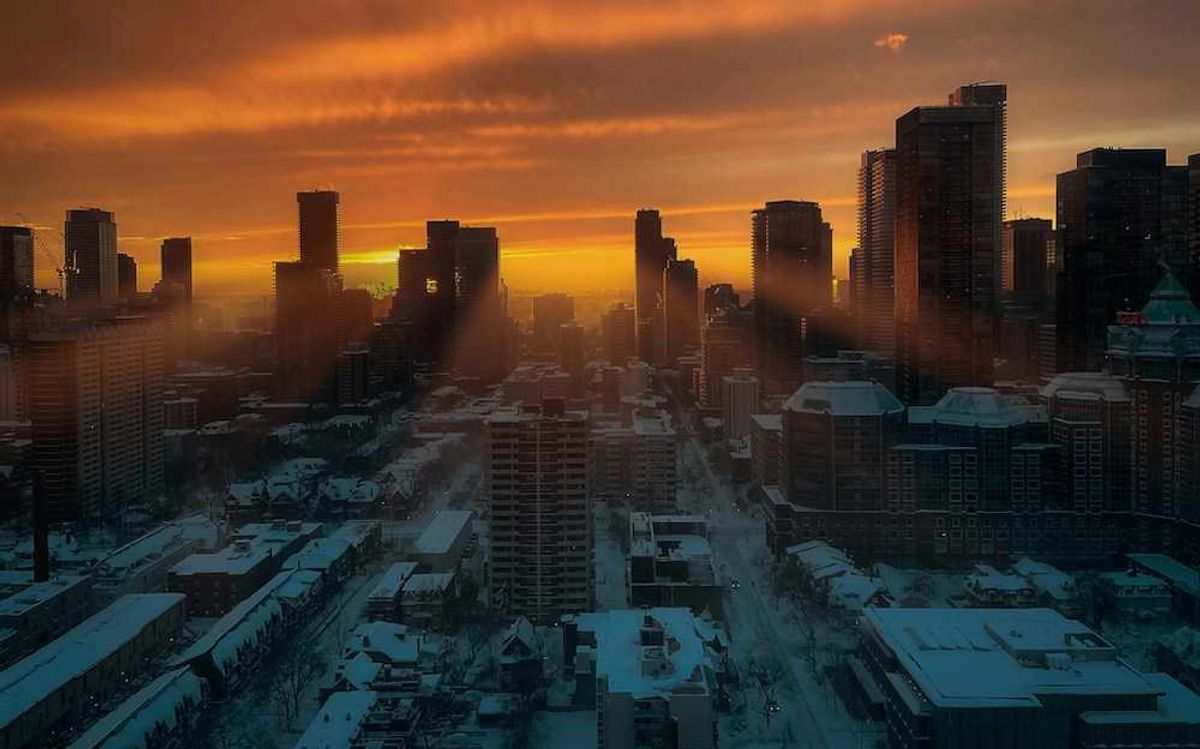The Canadian real estate market is a healthy and bustling one, which is why many foreign buyers have set their sights on Canada and the heavily-populated cities in it to buy property.
But while many are simply investors looking to capitalize on Canadian real estate, others are immigrants who are uprooting themselves and their families to start a new life in Canada.
READ: Immigrants Own Fewer, But More Expensive Single-Detached Homes
But there are many challenges that immigrants face when beginning a new life in a new country, and buying a home is one of them. Moving to a new place without anywhere to live until a home is purchased or a unit is rented can be a difficult situation, which is why many immigrants are choosing to buy first before reaching Canadian soil.
For those who are in the midst of making a move to Toronto in particular, here are some tips for buying a home while still living abroad.
Understand Potential Tax Implications
Canada is one of the few countries in the world that welcomes new residents and homebuyers from across the globe. It's what makes this country so attractive. Anyone from any nation in the world can buy property in Canada with no restrictions on the type or amount of real estate bought.
Those who are considered "non-residents" of Canada have the same freedom to purchase property here as residents.
That said, it's important for foreign buyers and immigrants looking to buy in Toronto to understand some of the tax implications surrounding the purchase of Canadian real estate. As of April 21, 2017, non-residents are subject to a "Non-Resident Speculation Tax" when buying real estate in Ontario, which is 15 per cent of the purchase price of a home bought within the Greater Horseshoe region, including Toronto.
Buying A Home In Toronto Doesn't Grant Special Immigration Status
Immigrants buying a home in Canada should also know that owning property on Canadian soil does not afford any special immigration privileges. You're only allowed to stay in Canada for less than six months at a time, unless you have a work or student visa, or have permanent residence.
It's still necessary to qualify for immigration under Canada’s immigration laws.
Save Up For A Sizable Down Payment
Immigrants and Canadian citizens alike will have to come up with a down payment towards the purchase price of a home. Depending on the specific type of mortgage being taken out, the down payment required will vary. For instance, conventional mortgages for residents of Canada require a minimum down payment of 20 per cent.
And while this might seem like a lot, it can help borrowers both reduce the loan amount and avoid having to pay extra in mortgage default insurance premiums.
High-ratio mortgages require a minimum five per cent down payment, though this will require premium payments towards mortgage default insurance.
But the down payment minimums for non-residents will usually be much higher. You will likely be required to come up with much larger down payments compared to what Canadian citizens are charged. Down payment minimums can be as high as 35 per cent or more of the purchase price of a home.
As such, it's important for immigrants wishing to buy in Canada to understand the financial requirements and take the time needed to save up for a sizable down payment before starting their search for a new home.
Look Into Property Insurance
Property insurance is required to buy a home in Toronto. Lenders will want to verify that a home can be insured before they agree to extend a mortgage. And while it can be a bit of a challenge for Canadian residents to get insurance, it can be even more of a challenge for non-residents.
When looking for a home to buy in Toronto, be sure to obtain quotes from various insurance providers and gather up as much information on rates before you put in an offer on a home.
Funds Will Need To Be In A Canadian Bank
Before you put in an offer on a home, you'll have to make sure that the funds required to complete the transaction are transferred to a Canadian financial institution well before the closing date.
Depending on where you are from, it could take as long as a couple of weeks for the funds to clear. As such, it's suggested that the money be transferred before the search for a home even begins.
A Power Of Attorney Will Be Needed To Close
In years past, it was necessary for foreign buyers to be physically present when putting in an offer on a home in Toronto. These days, thanks to digital technology, electronic signatures are typically accepted. Communication is also done via video conferencing using tools such as FaceTime, Skype, or Google Hangouts.
However, if you plan to close the home while still outside the country, you will need to have a Power of Attorney sign on your behalf. This could be your real estate agent or a lawyer that you have given explicit and written permission to act on your behalf to sign the necessary documents to close on the deal.
Work With A Seasoned Real Estate Agent
There are plenty of real estate agents in Toronto, but not all of them are necessarily experienced in the realm of helping foreign buyers purchase a property in Canada. Without being here in person, it's important to have a professional representative be the eyes and ears for home buying on Canadian soil.
Further, you want to ensure that the real estate agent you enlist to help you buy a home in Toronto is familiar with all the potentially complex details associated with buying a home while still overseas. Look for an agent who's seasoned in prospecting homes for clients who aren't present, and who has experience with the tools needed to ensure a streamlined process.
Final Thoughts
Making the move to a new country can be an incredibly overwhelming and frightening experience, but it can also be an exciting one. And out of all countries, you've chosen the right one!
But buying a home in Toronto while still back home can be a daunting task. Be sure to get familiar with the process and work with professionals who can help ensure a streamlined buying process.
